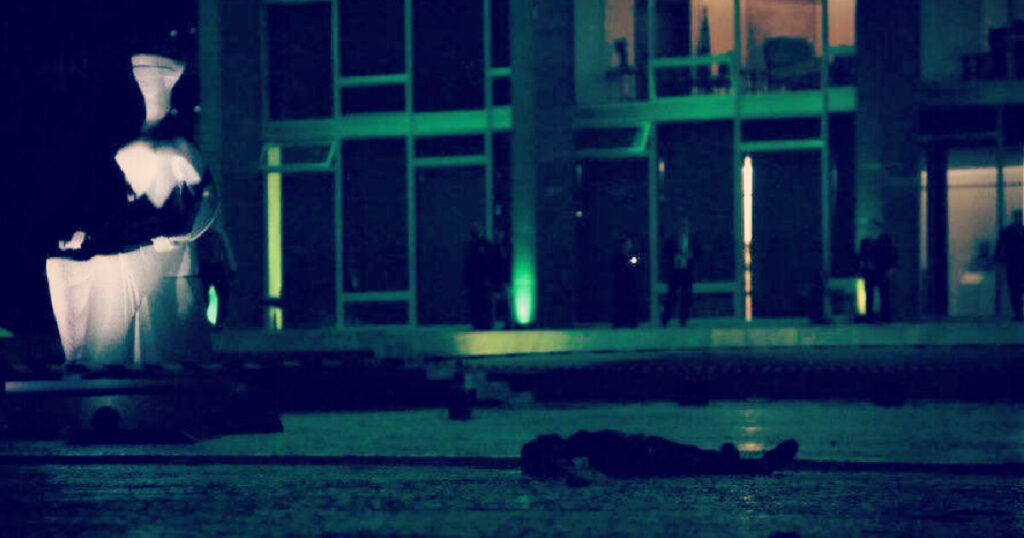On the evening before the G-20 summit in Rio de Janeiro, a bomb attack in Brasília raised serious concerns about security and the safety of high-profile government locations. According to reports, two explosions occurred within seconds of each other outside the Federal Supreme Court (STF) amid heightened tension as global leaders prepared for a significant gathering. The blasts took place in the Praça dos Três Poderes, where key government buildings, such as the Supreme Court, the National Congress, and the Presidential Palace, are located. Emergency services responded swiftly, cordoning off the area, and military personnel specialized in explosives were dispatched to assess the situation. Tragically, one person was confirmed dead, believed to be the bomber.
In addition to the explosions near the Supreme Court, another significant incident involved a car explosion in the parking area between the Supreme Court and the Chamber of Deputies. Reports indicated that the car held fireworks and bricks in its trunk, raising further questions about whether these incidents were part of a coordinated attack. Investigations commenced immediately, with bomb squads searching the vicinity for additional explosives, particularly in light of the unknown origins of the car explosion. Remarkably, despite the chaos, lawmakers and Supreme Court justices were reportedly evacuated without incident, and President Lula da Silva had vacated the Presidential Palace prior to the explosions.
In response to the bombings, President Lula met with key figures, including STF ministers and the director-general of the Federal Police, to address the security breach. The attacks prompted a serious discussion about the effectiveness of Brazil’s intelligence services, particularly given the upcoming G-20 summit, which will bring together a significant number of world leaders and represent over 80% of the global GDP. Security measures were escalated across Brasília, with reports of drones being shot down near sensitive government locations, amplifying fears of potential further threats.
As the investigation unfolded, it was notable that Justice Alexandre de Moraes took charge of the probe. This development raised eyebrows due to Moraes’s contentious role in previous investigations tied to political unrest in Brazil, specifically relating to the attacks that occurred on January 8, 2023. The government faced scrutiny over its preparedness and response capability, especially considering the scale of the upcoming international summit and the implications of these violent incidents on Brazil’s stability and security reputation.
In the aftermath, discussions centered on the need for a thorough examination of the country’s intelligence and security frameworks. The explosions underscored vulnerabilities that were magnified by the imminent presence of multiple heads of state in the capital for the G-20 summit. The Brazilian government is now faced with the dual objectives of investigating the incidents while also reinforcing security to ensure the safety of their international guests and citizens alike.
In summary, the bomb attack in Brasília, just before a critical global summit, highlighted pressing issues within Brazil’s security infrastructure and raised concerns over potential threats during the G-20. With ongoing investigations led by a controversial figure and the government under scrutiny for intelligence failures, the country must navigate the aftermath while ensuring security and stability during a pivotal time of international cooperation.

